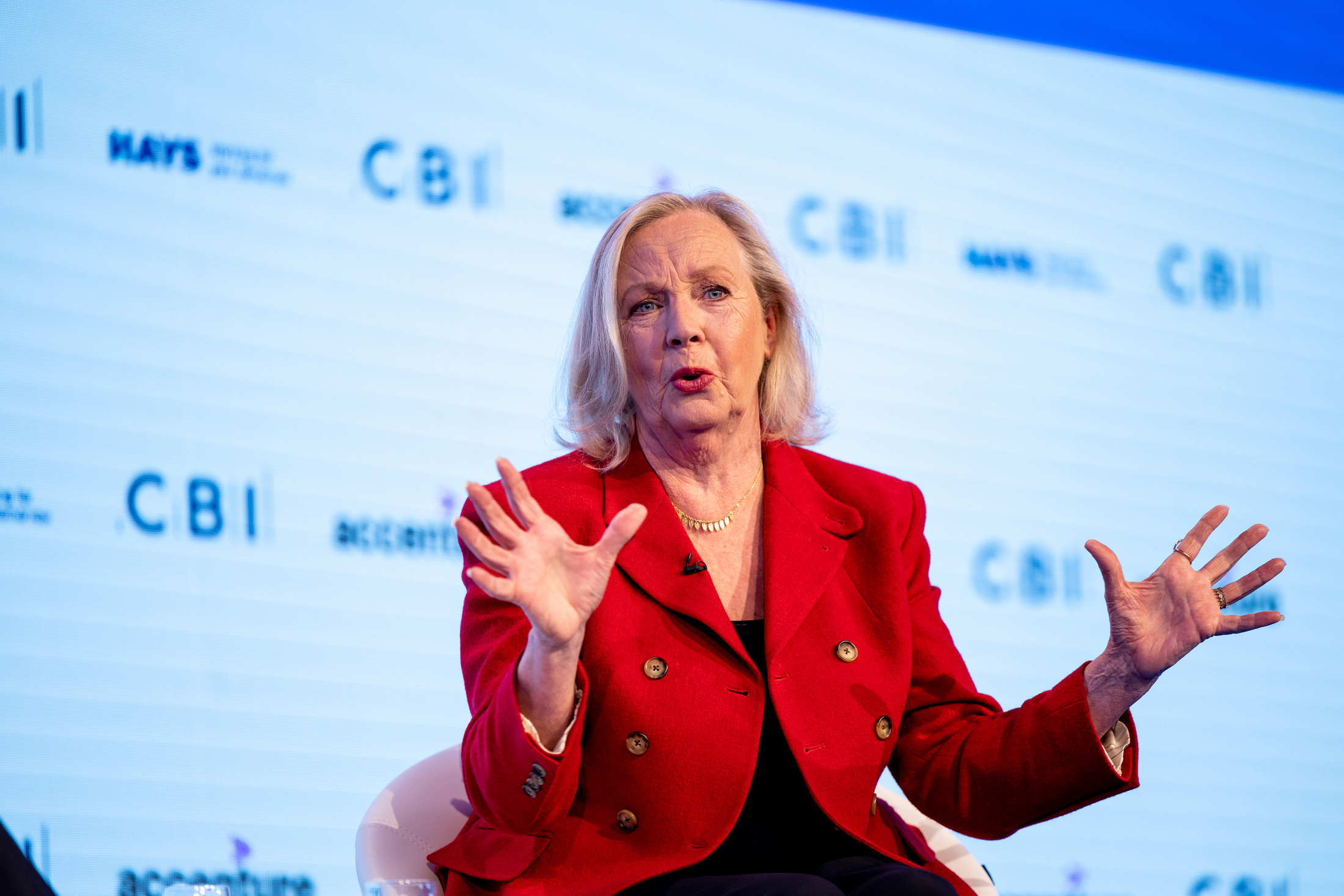Successful investor and star of BBC’s Dragon’s Den gives us the low-down on how to grow your business.

As a serial entrepreneur and investor in a current total of 21 businesses, our popular guest speaker at our Annual Conference obviously has an eye for a business. But acquiring a business is one thing. Helping it grow – especially in challenging times – is another. Deborah Meaden sees an investment opportunity as series of switches – once they’re flipped, she’s in. So what are those switches to attract investment? And how does a dragon grow a business?
1 Build trust
First and foremost Deborah must trust the people she’s working with. If she can’t, it doesn’t matter if it’s the best business in the world, she’s not interested. And if you can’t convince an investor to trust you then growth is going to be tough.
2 Find your nose
It doesn’t matter if your product is original or not – Deborah has invested in a towel business that is now a multi-million-pound multinational company, for example. But genuinely know your market, have a good nose for what it feels like, and get that across in the way you talk about it, and half the battle is won.
3 Know your fundamentals
You don’t have to be an accountant to run a business. But you do need to be able to keep a balance sheet. It’s like housekeeping: you’ve got that much going in but how much is going out? How do you know if you’re making good decisions? Is something worth the risk? Don’t let lack of basic hygiene hamper growth.
4 Listen to advice or risk going bust
If you get investors on board then it pays to listen to what they say. They’re experts. You’re unlikely to know more than they do. And defiantly keeping your blinkers on is one of the more common ways for a firm to go bust.
5 Be serious about sustainability
We’ve all heard of greenwashing, but what about green-hushing? It’s when a business underreports on its sustainability, either because its afraid of being called out for not hitting targets, or because it’s afraid of being accused of greenwashing. Neither is good for building trust which is vital for driving the sustainability agenda forward. Be open – set targets and publish results. And if you aren’t thinking about this, then get on it now or be left behind later. Because not acting means you will be caught out very quickly by the consumer.
6 Talk values to attract the best talent
If you want to attract the best people, particularly the next generation, be honest about your values. People are worried about the future of the planet, young people especially. Firms shouldn’t be afraid to talk about what they’re doing on matters such as sustainability, but they should also be honest about what they’re not doing and how they plan to tackle it – that’s how you build trust.
7 Power up the D&I agenda
We shouldn’t have to be taught to embrace and encourage all walks of life, but the truth is we’re not there yet. To power the D&I agenda and break bias start with education – learn what makes people unique and make your workplace a good place to be. And lead by example. Representation is important and women business leaders need to help themselves by telling their own stories and making themselves heard.
8 Find your sector’s champion
Every sector needs a champion and if a sector is a slower mover, it will still have a champion in there somewhere. If you want to make a difference and change how things are done, find the influencers and motivators to push from within.
9 Keep an eye on the long term
Deborah’s mantra in life has been to keep looking ahead and keep moving forward. She doesn’t put her mistakes in a sack to carry for ever more. It’s worrying when businesses lose their long-term sight and are only concerned about today. So take stock and remind yourself where you’re going.
10 Cut out the waste in the short term
Of course there are short-term pressures which can cloud that long-term focus. One way to overcome that short-term distraction is through eliminating waste. Every business and every person working in business will be wasting something somewhere. Now is the time to tighten up. What do your customers love about you? Do more of that.









